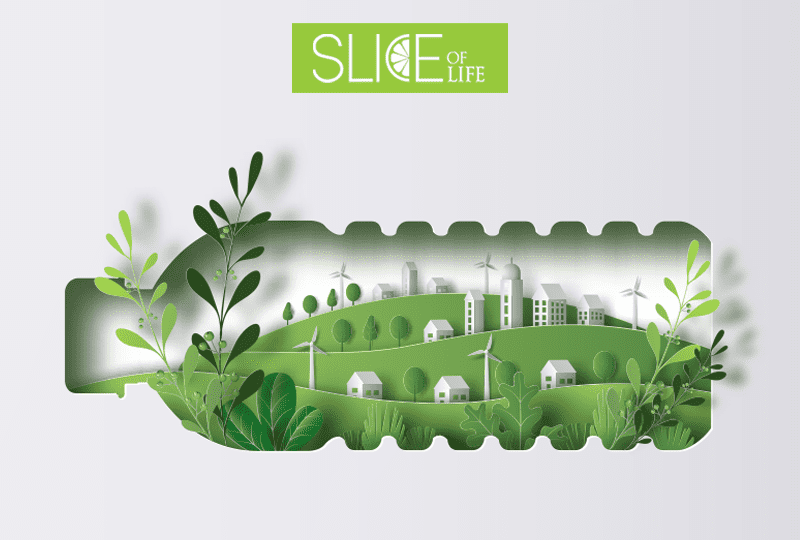When thinking about our environment, does the phrase “the 3 R’s” ring a bell? Reduce, reuse and recycle. We all know that recycling is incredibly important. However, the most efficient way to reduce waste is to simply not create it in the first place. This is where the first two “R’s” come into play.
- Reduce the amount of waste you produce. Small, yet beneficial acts in the right direction include only buying what you need, purchasing products with less packaging, buying in bulk and looking for items that can be reused.
- Reuse items as many times as possible before replacing them. There are many ways to reuse items, such as maintaining and repairing products, borrowing or sharing items, refilling a water bottle instead of constantly buying new ones, and ditching plastic bags to use reusable bags instead.
To achieve some level of sustainability, we must first make conscious efforts to reduce and reuse. Time for that third “R.”
- Recycling is the process of collecting and processing materials that would otherwise be thrown away as trash and turning them into new products.
Before throwing all your trash into the garbage can, you should know that up to 75% of waste can be recycled or repurposed. Simply taking a few minutes each week to sort your recyclables will drastically lower your total waste. Here are some items that can (and should always) be recycled:
- Paper, including newspapers, magazines, brochures and mixed paper
- Cardboard
- Glass bottles and jars
- Metal containers, including tin, aluminum and steel cans
- Rigid plastic products
Drastically lowering your total personal waste is the first active step to not only helping the overall health of our environment, but also starting a trend and encouraging others to do the same. The benefits of recycling are far more than reducing the amount of waste sent to landfills. Additional benefits that you may not have thought of include:
- Reduces the need to harvest new raw materials
- Prevents pollution by reducing the need to collect new raw materials
- Saves energy
- Conserves natural resources, such as timber, water and minerals
- Reduces greenhouse gas emissions
- Creates jobs in the recycling and manufacturing industries in the United States
- According to the national Recycling Economic Information (REI), in a single year, recycling and reuse activities account for approximately 681,000 jobs. Think about that!
The next time you are headed to the trash can with something that can be recycled, rethink those steps and remember that you are not only supporting our environment, but also may help create a job for someone else. It is important to remember that recyclables are collected locally but impacted globally.
The Life University family prioritizes creating and maintaining a wellness lifestyle. We support healthy habits ranging from the decisions of a particular individual to demonstrating our commitment to helping create a healthier planet. Life University is among the first 100 universities in the country to join the American College and University President’s Climate Commitment to address global warming. Through this commitment, we focus on efficient energy consumption, recycling, composting and using biodegradable products.
Just one recycling act can ignite the beginning of a Lasting Purpose.
P.S. If you’ve made it to the end of this blog, you should know that the energy saved by recycling one single plastic drink bottle is enough to power a computer for 25 minutes!
Want a career that makes a difference to our planet? Learn more about Life University’s Human Ecology program.
Slice of LIFE is an invitation to and extension of everything happening at Life University. Whether you are a current student, a potential freshman or a proud alum, Slice of LIFE can help keep you connected to your academic community. Know of a compelling Life U story to be shared, such as a riveting project, innovative group or something similar? Let us know by emailing Marketing@life.edu.


Social Media